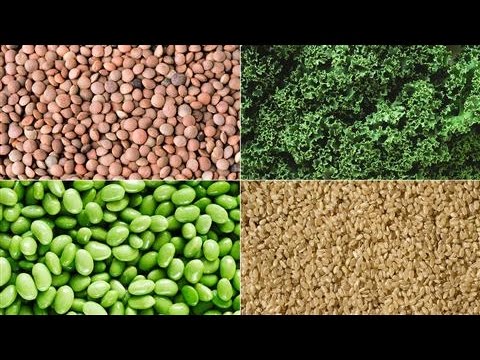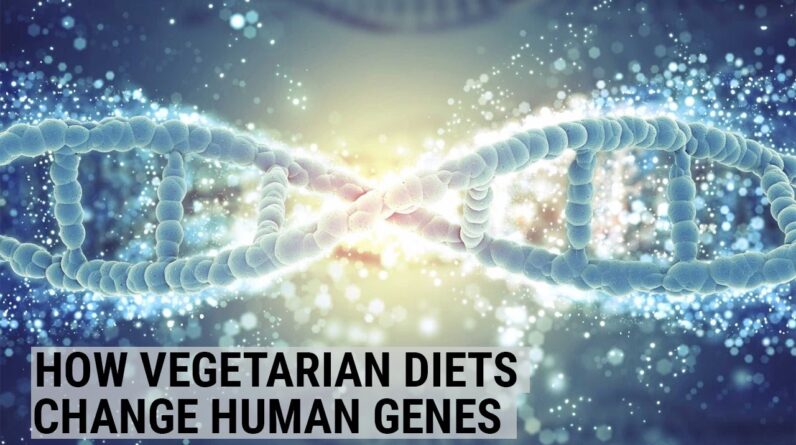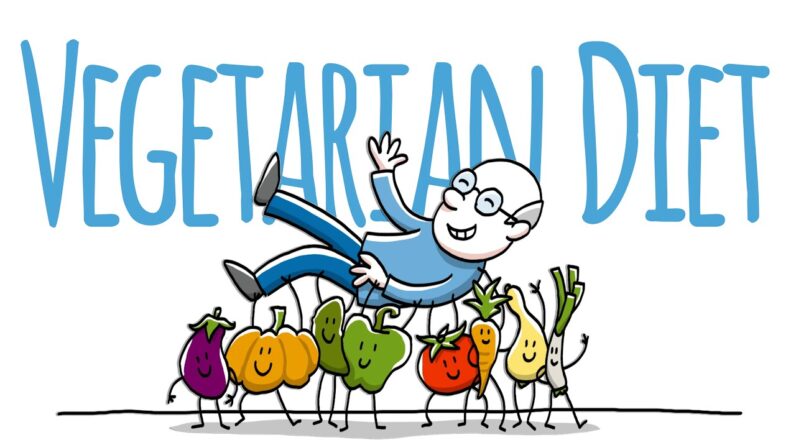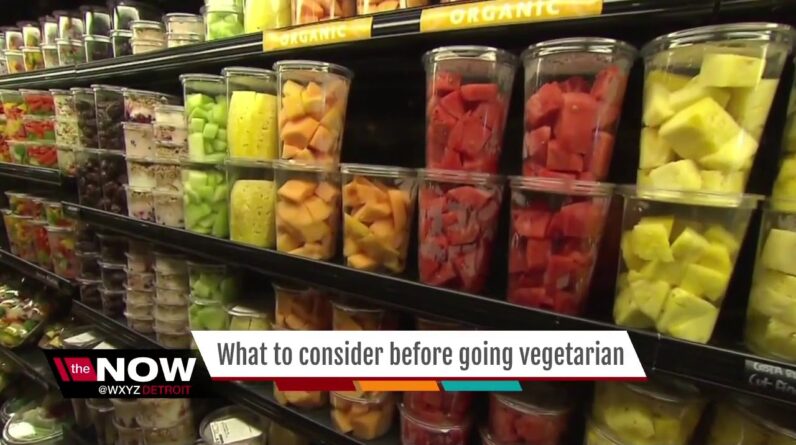
Thinking about switching to a vegetarian diet? It’s a major lifestyle decision, so it’s important to have a basic understanding of nutrition before making the switch. You’ll need to replace the vitamins and nutrients you would normally get from meat, poultry, or fish, such as zinc, vitamin B, and iron. If you don’t do your homework and find other ways to get these essential nutrients, you may experience issues like hair loss, depression, or anxiety. But don’t worry, there are ways to ensure a healthy transition. Talk to your doctor, make sure you’re getting enough protein from sources like almonds and beans, and avoid becoming a junk food vegetarian. Plus, there’s an incredible array of delicious food available to explore, so the switch doesn’t have to be boring! There are significant benefits to a plant-based diet, including a lower risk of heart disease and type 2 diabetes. Just remember to focus on the quality of the food you eat, incorporating plenty of fruits, vegetables, nuts, and whole grains. So, if you’re considering this dietary change, do your research, consult with your doctor, and have fun experimenting with new and nutritious meals.
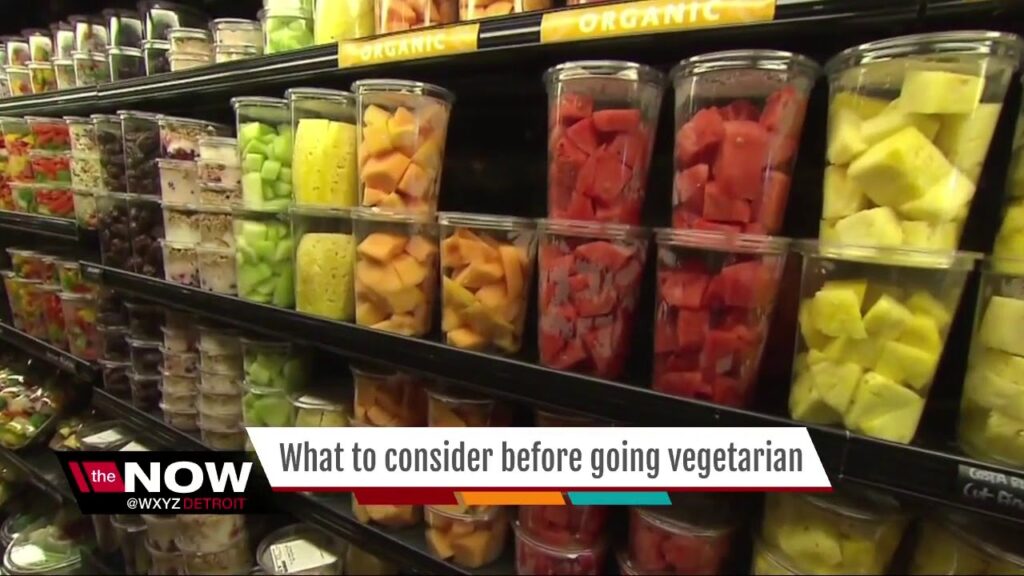
This image is property of i.ytimg.com.
Understanding Nutrition
When switching to a vegetarian diet, it’s important to understand how to replace the vitamins and nutrients that you would normally get from eating meat, poultry, or fish. Three key nutrients to pay attention to are zinc, vitamin B, and iron. These nutrients play a crucial role in maintaining overall health and well-being. It’s essential to find alternative sources for these nutrients to ensure that your body is getting everything it needs. Failing to do so may lead to issues such as hair loss or mood disorders like depression or anxiety. However, with proper knowledge and planning, you can easily find other ways to incorporate these essential vitamins and minerals into your vegetarian diet.
Prescriptions for Switching to a Vegetarian Diet
If you’re considering switching to a vegetarian diet, there are a few important prescriptions to keep in mind. First and foremost, do your homework. Educate yourself about the nutritional requirements of a vegetarian diet and consult with your doctor before making any drastic changes to your eating habits. They can provide valuable guidance and ensure that you’re meeting all your nutritional needs while eliminating meat.
Protein is an essential nutrient that can often be a concern when transitioning to a vegetarian diet. To avoid this issue, make sure you’re getting enough protein from alternative sources. Foods like almonds, kale, soy, broccoli, and beans are excellent plant-based protein options. By including these in your meals, you can ensure that you’re meeting your daily protein requirements.
While it’s tempting to indulge in processed vegetarian junk food, it’s important to avoid relying solely on these options. Just because you’re not eating meat doesn’t mean you can be careless with your food choices. Opt for whole, natural, and nutrient-dense foods to maintain a healthy diet. Eating a well-balanced vegetarian diet will not only provide the necessary nutrients but also help you maintain a healthy weight.
Finally, don’t be afraid to experiment and diversify your food choices. There is a wide variety of delicious vegetarian options available, so take advantage of them! Trying new recipes and incorporating different fruits, vegetables, grains, and legumes into your meals can make your vegetarian journey exciting and enjoyable.
Benefits of Cutting Meat from Diet
Cutting meat from your diet offers several significant benefits. Research has shown that individuals who consume healthy plant-based foods have a 25% lower risk of developing heart disease. A vegetarian diet can help protect against various heart conditions and promote cardiovascular health.
Another major advantage of following a strictly vegetarian diet is a reduced likelihood of developing type 2 diabetes. Multiple studies have demonstrated that individuals who adhere to a vegetarian lifestyle are more than two times less likely to develop this chronic condition. By prioritizing plant-based meals, you can significantly lower your risk and promote better overall health.
However, it’s important to note that the benefits of a vegetarian diet depend on the quality of the food you consume. Simply eliminating meat from your diet is not enough. To reap the full benefits, focus on incorporating plenty of fruits, vegetables, nuts, and whole grains into your meals. These nutrient-rich foods will provide the vitamins, minerals, and antioxidants your body needs to thrive.
In conclusion, before making the decision to switch to a vegetarian diet, it’s essential to understand the nutritional aspects involved. By knowing how to replace key vitamins and minerals, consulting with a doctor, ensuring sufficient protein intake, avoiding unhealthy food choices, and embracing variety in your meals, you can successfully transition to a vegetarian lifestyle. The benefits of cutting meat from your diet are extensive, including a reduced risk of heart disease and type 2 diabetes. Remember to prioritize the quality of the food you consume and focus on incorporating nutritious, plant-based options into your daily meals.




